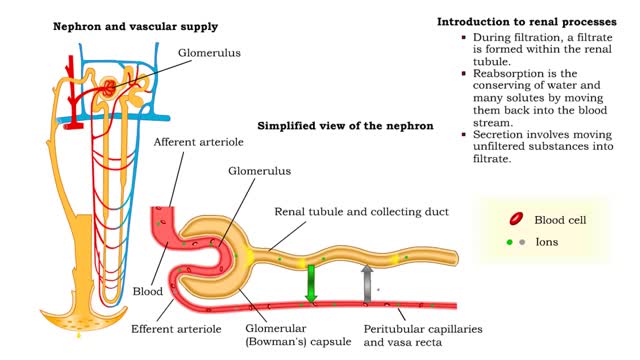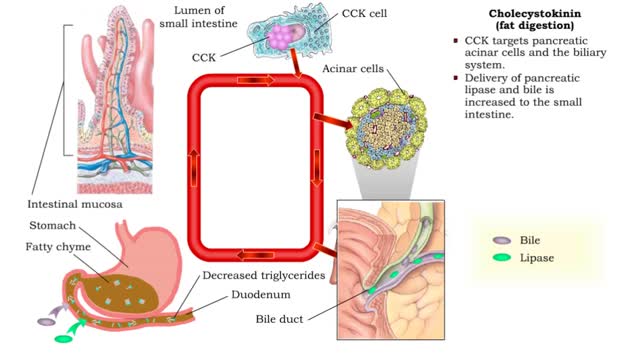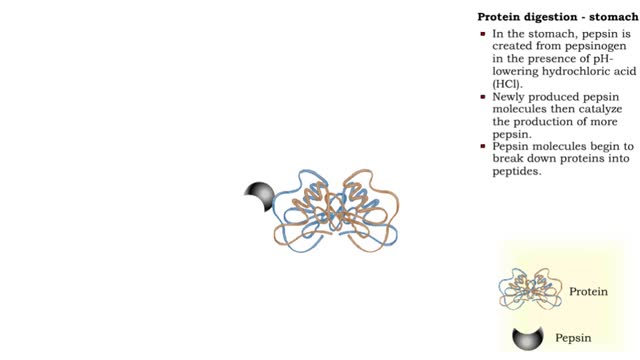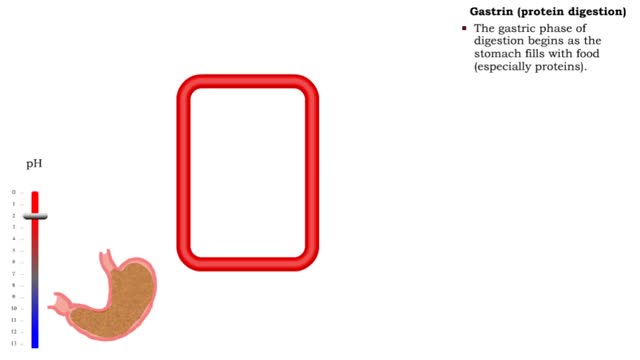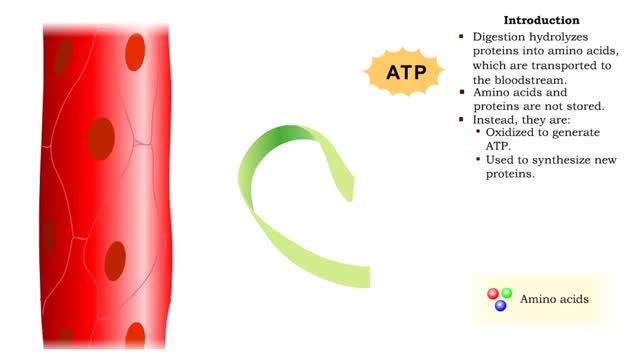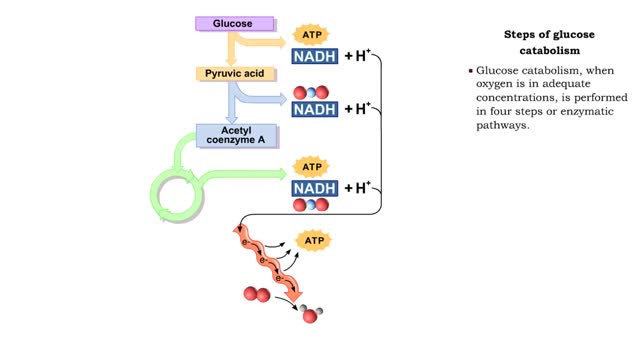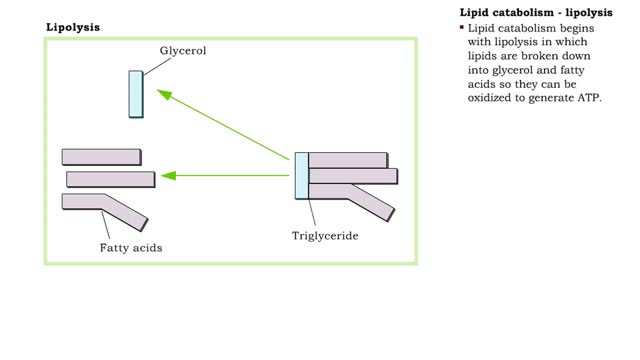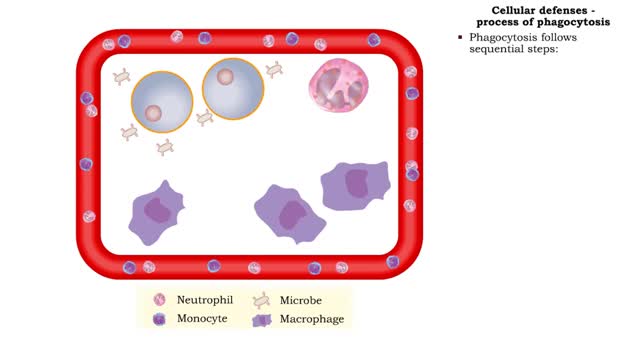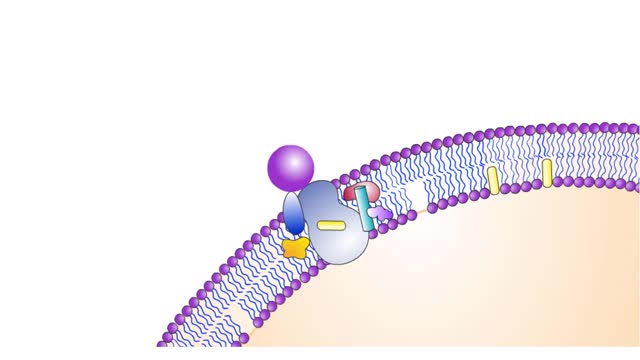Search Results
Results for: 'Carbohydrate digestion'
Carbohydrate Metabolism: Introduction to renal processes and filtrate formation and composition
By: HWC, Views: 10647
• At the nephron, the three process responsible for the formation of urine include: • Glomerular filtration. • Tubular reabsorption. • Tubular secretion. • During filtration, a filtrate is formed within the renal tubule. • Reabsorption is the conserving of water and many s...
Secretin (inhibiting gastric acid secretion), Cholecystokinin (fat digestion) & Cholecystokinin
By: HWC, Views: 10340
• As chyme approaches the small intestine, secretin also targets acid-producing parietal cells in the gastric mucosa. • Increased secretin inhibits gastric add secretion. • With less gastric acid produced, the chyme going into the intestine is less acidic. • The hormone CCK also reg...
Protein digestion - stomach & small intestine
By: HWC, Views: 9962
• Protein digestion occurs in the stomach and small intestine. • The stomach enzyme pepsin initiates the process. • Pancreatic and intestinal brush border enzymes complete the digestive process. • In the stomach, pepsin is created from pepsinogen in the presence of pH-lowering hyd...
By: HWC, Views: 10541
The endocrine system maintains many body conditions within normal limits with feedback loops. Each endocrine feedback loop maintains homeostasis using the following components: • Stimulus - a change in a body condition. • Production cell - an endocrine cell that produces a hormone after b...
Protein catabolism - deamination
By: HWC, Views: 10654
• Digestion hydrolyzes proteins into amino acids, which are transported to the bloodstream. • Amino acids and proteins are not stored. • Instead, they are: • Oxidized to generate ATP. • Used to synthesize new proteins. • Converted to carbohydrates or lipids for storage (if e...
By: HWC, Views: 10669
• During digestion, complex carbohydrates are hydrolyzed into monosaccharides, primarily glucose. • The catabolism of glucose is the primary source of energy for cellular production of ATP. • The anabolism of glucose is important in regulating blood glucose levels. • Glucose cat...
Lipid catabolism - lipolysis and beta oxidation and oxidation of fatty acids
By: HWC, Views: 10773
• Digestion hydrolyzes lipids into fatty acids and glycerol. • Fatty acids and glycerol are: • Oxidized to generate ATP. • Used to produce triglycerides that are stored as energy reserves in adipose tissue. • Lipid catabolism begins with lipolysis in which lipids are broken do...
Cellular defenses (natural killer cells, phagocyte types & process of phagocytosis)
By: HWC, Views: 10232
• Lymphocytes that rapidly defend against abnormal (cancer) or virus-infected cells. • Found in blood, spleen, lymph nodes, and red bone marrow. • Lack receptors for binding with specific antigens. • Act upon cells displaying abnormal MHC antigens. • NK cells destroy cells in ...
HDL (high density lipoprotein)
By: HWC, Views: 9351
HDL cholesterol can be thought of as the “good” cholesterol. (So, in the case of HDL cholesterol, higher levels are actually better.) The body uses cholesterol to make hormones and vitamin D and to support digestion. HDL carries LDL (bad) cholesterol away from the arteries and back to t...
Advertisement



